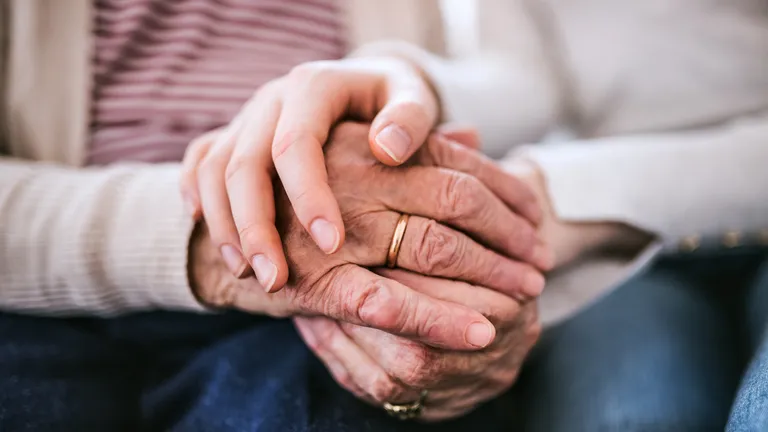
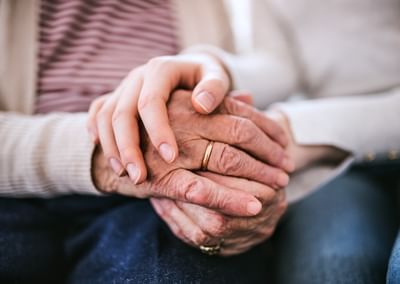
Family history and genetic testing
Understanding your family history may help reduce your risk of cancer. Around one in two Australians will develop cancer by the age of 85, which means many of us have someone in our family who has had cancer. It is therefore not uncommon for more than one member of the same family to develop cancer. Most cancers are unrelated to family history, however, for a very small number of individuals, their family history may suggest they have inherited a gene mutation that has been linked to an increased risk of cancer, meaning the likelihood of developing cancer is much higher than the general population.
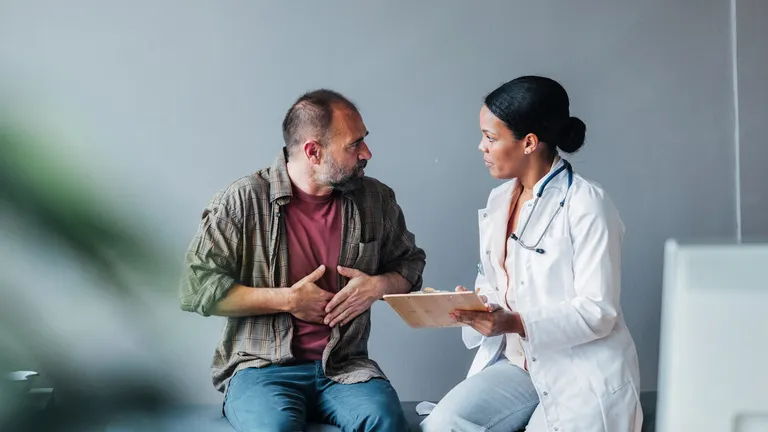
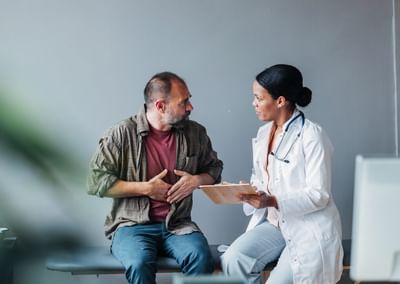
Early signs of cancer
It is much easier to treat cancer when it is found in the early stages. You can help detect cancer early by understanding what is normal for your body and sharing any unusual changes with your doctor. Often, changes to the body turn out to be something else. But if it is cancer, finding out and getting treatment early can make a big difference.
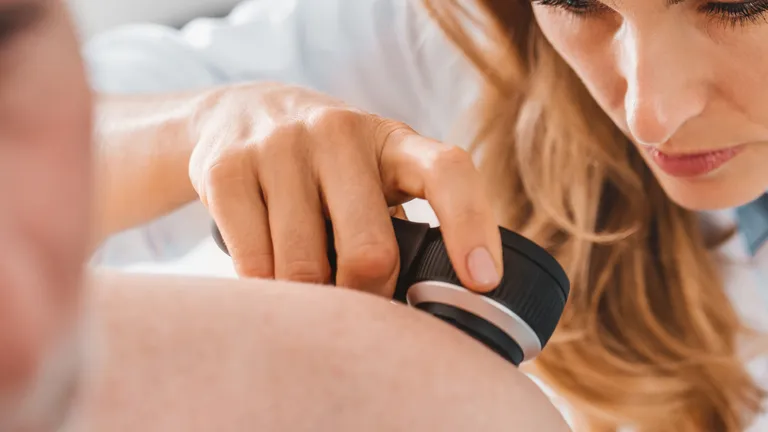
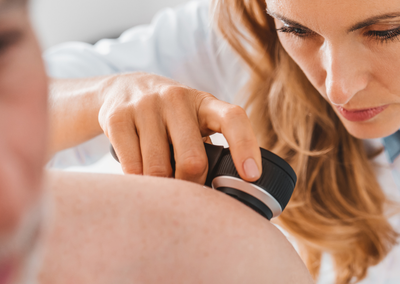
Finding skin cancer early
Finding skin cancer early gives you the best chance of successful treatment. Getting to know your skin and regularly self-checking your body for signs of change is so important to ensure you find skin cancer early when it is easier to treat. If you notice any new spots or changes to your skin, see your doctor as soon as possible.
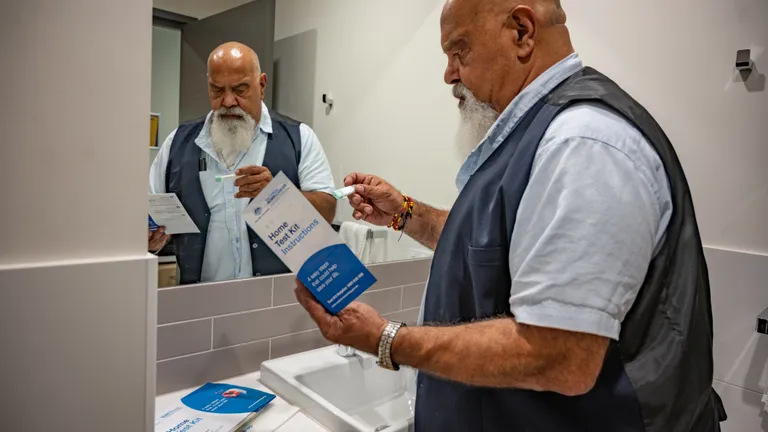
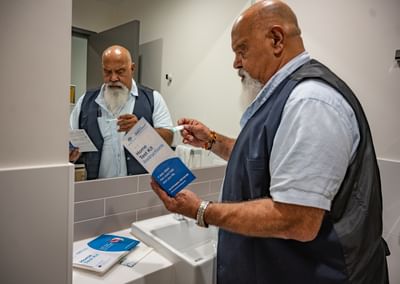
Finding bowel cancer early
Bowel cancer, also known as colorectal cancer, is a very common cancer in Australia. Bowel cancer can develop without any noticeable symptoms, but when found early, up to 90 per cent of cases can be treated successfully. One of the best ways to find bowel cancer early is to take part in regular bowel cancer screening, recommended for people aged 45 to 74. However, no matter your age, it’s important to be aware of what is normal for your body and see your doctor if you notice any changes.
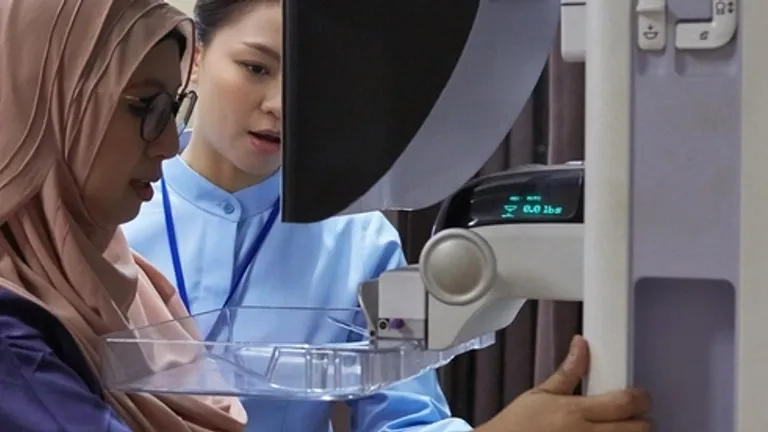
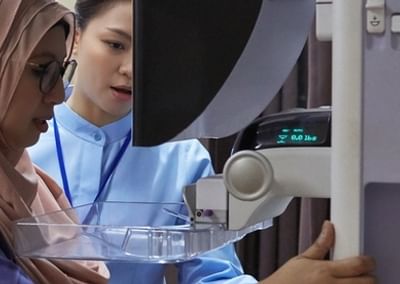
Finding breast cancer early
Breast cancer is the most common cancer diagnosed in women. Although it can occur at any age, it is most common in older women. In most cases, if breast cancer is found early the chances of surviving are higher. No matter your age, it’s important to familiarise yourself with the normal look and feel of your breasts or chest so you can find signs of breast cancer early. For women aged over 40, especially 50 to 74, breast screening is the best way to detect breast cancer at an early stage – before it can be felt.
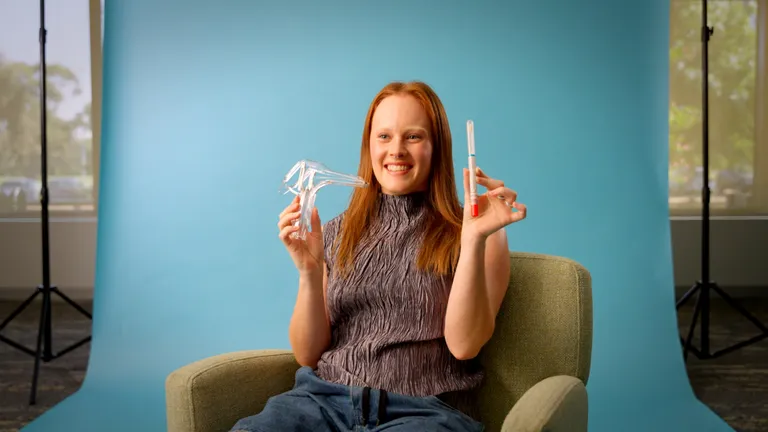
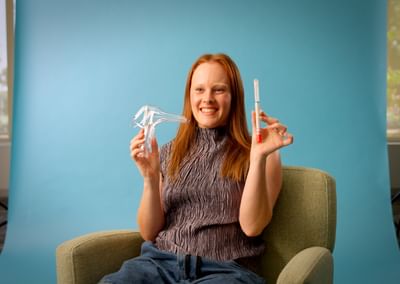
Finding cervical cancer early
Cervical cancer kills over 200 people each year in Australia. Since the National Cervical Cancer Screening Program was introduced in 1991, cervical cancer deaths have dropped by 50 per cent — with Australia having some of the lowest rates in the world. Most cases of cervical cancer can be prevented through a combination of the HPV (human papillomavirus) vaccine and taking part in regular cervical cancer screening
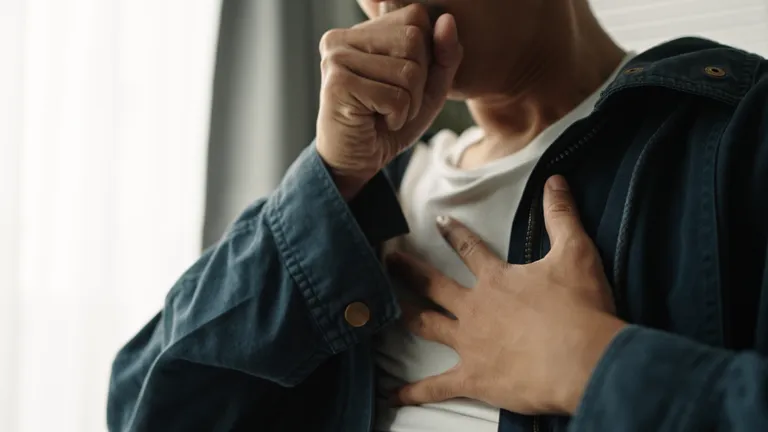
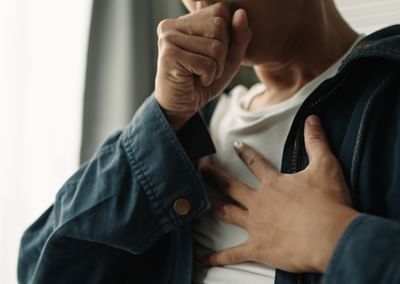
Finding lung cancer early
Lung cancer is the fifth most common cancer and the leading cause of cancer death in Australia. When lung cancer is found in the earlier stages, it’s easier to treat. In July 2025, the new National Lung Cancer Screening Program was introduced for eligible Australians to help detect lung cancer early, before symptoms start to show – saving lives. If you are experiencing symptoms that are unusual for you, see your doctor.
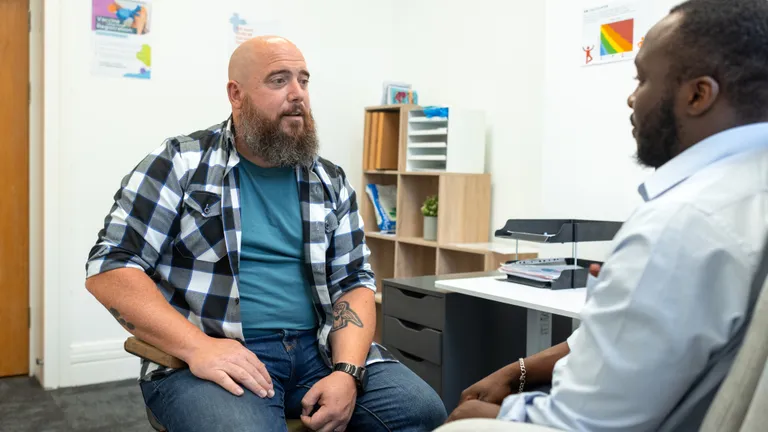
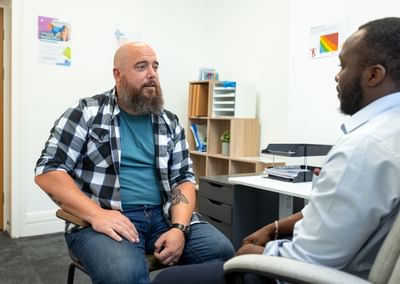
Finding prostate cancer early
Prostate cancer is the most common cancer in Australian men (except for non-melanoma skin cancer). About 1 in 12 men will get prostate cancer by age 70, and 1 in 5 will get it in their lifetime. There is currently no national screening program for prostate cancer, however early detection and treatment can significantly improve prostate cancer survival.
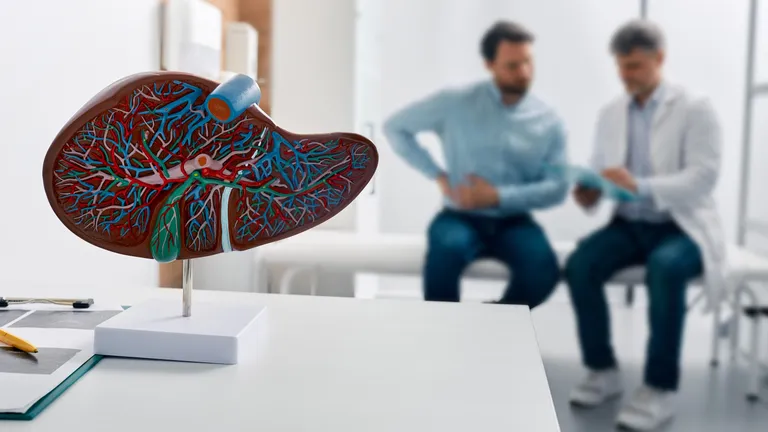
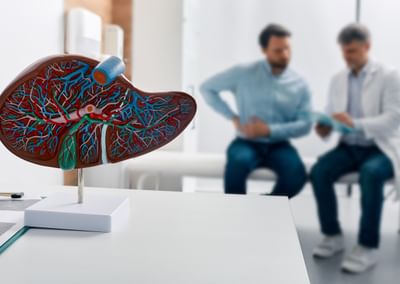
Finding liver cancer early
In Australia, more than 3,000 people are diagnosed with primary liver cancer each year, with almost three times more men than women affected. Up to 80 per cent of liver cancer cases can be linked to vital hepatitis, but most people living with it don't know they have it. That's why finding hepatitis early is so important to reduce your risk of liver cancer.
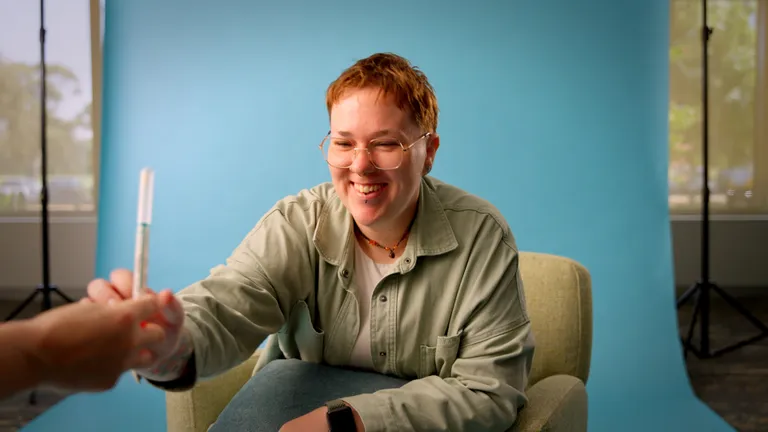
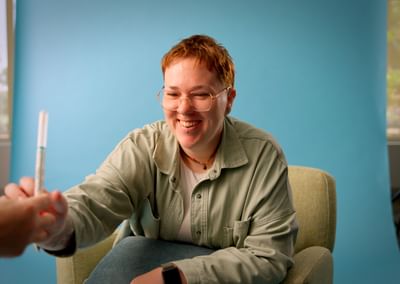
LGBTQIA+ and cancer screening
Evidence shows that people in LGBTQIA+ communities have lower cancer screening participation rates than the general population, particularly for cervical screening. Finding cancer early is important for everyone. The earlier cancer is found, the more likely treatment will be successful.
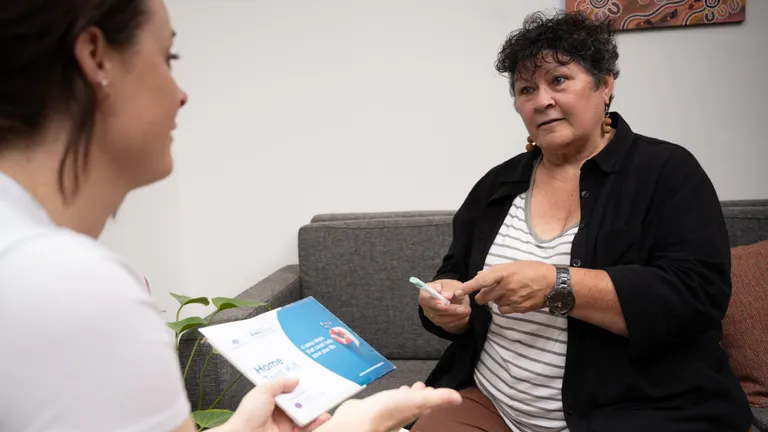
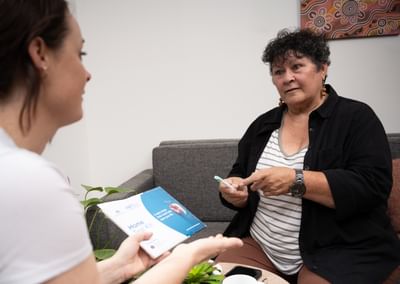
Prevention and early detection resources and fact sheets
Cancer Council provides trustworthy, evidence-based resources and information for the community about cancer prevention and early detection. You can view or download all our resources, or you can speak to one of our experienced cancer prevention team members at prevention@cancersa.org.au about which resources best suit your needs.